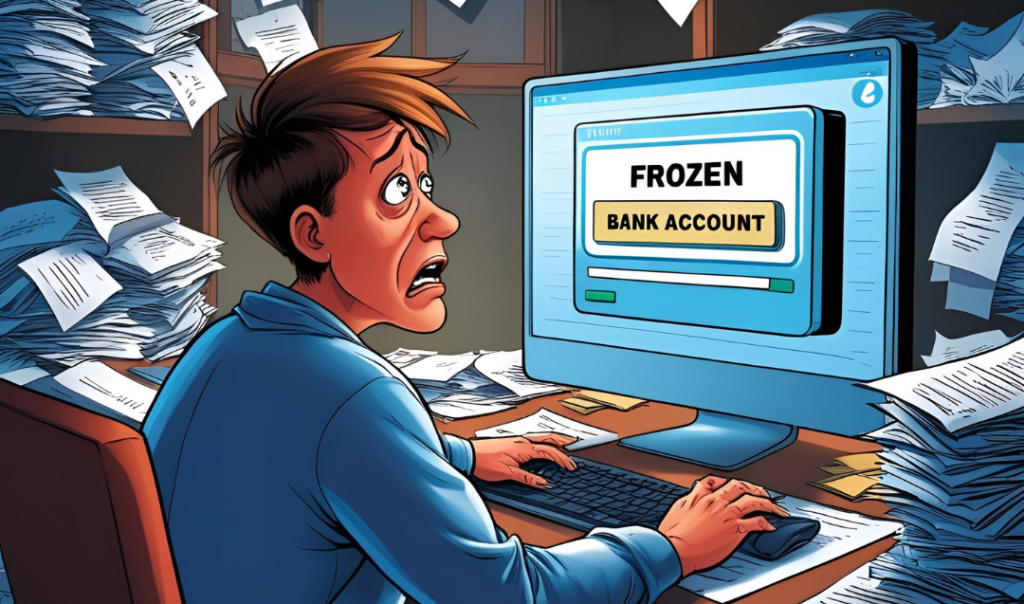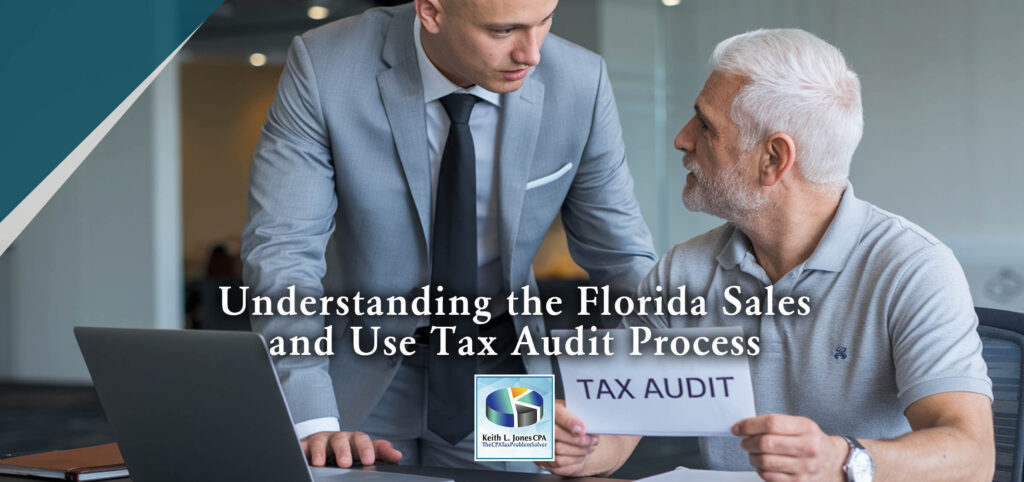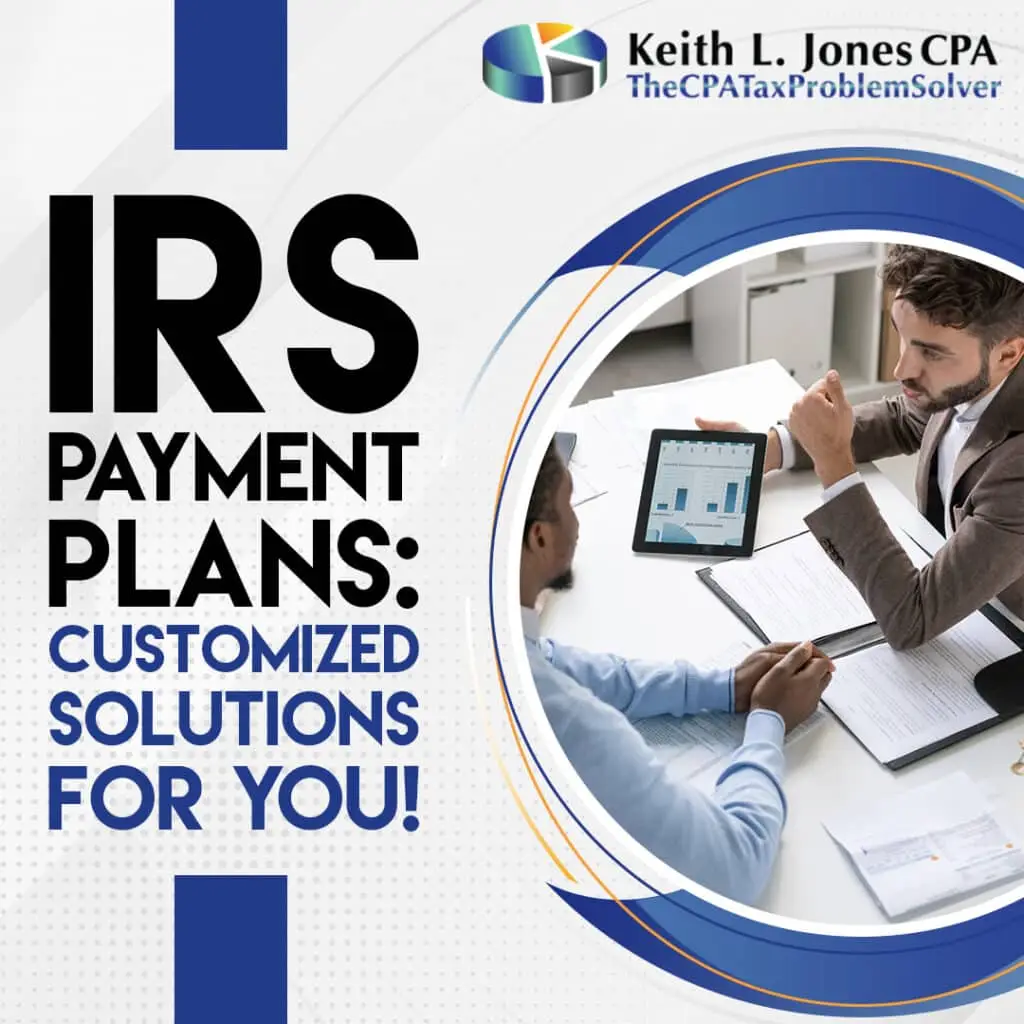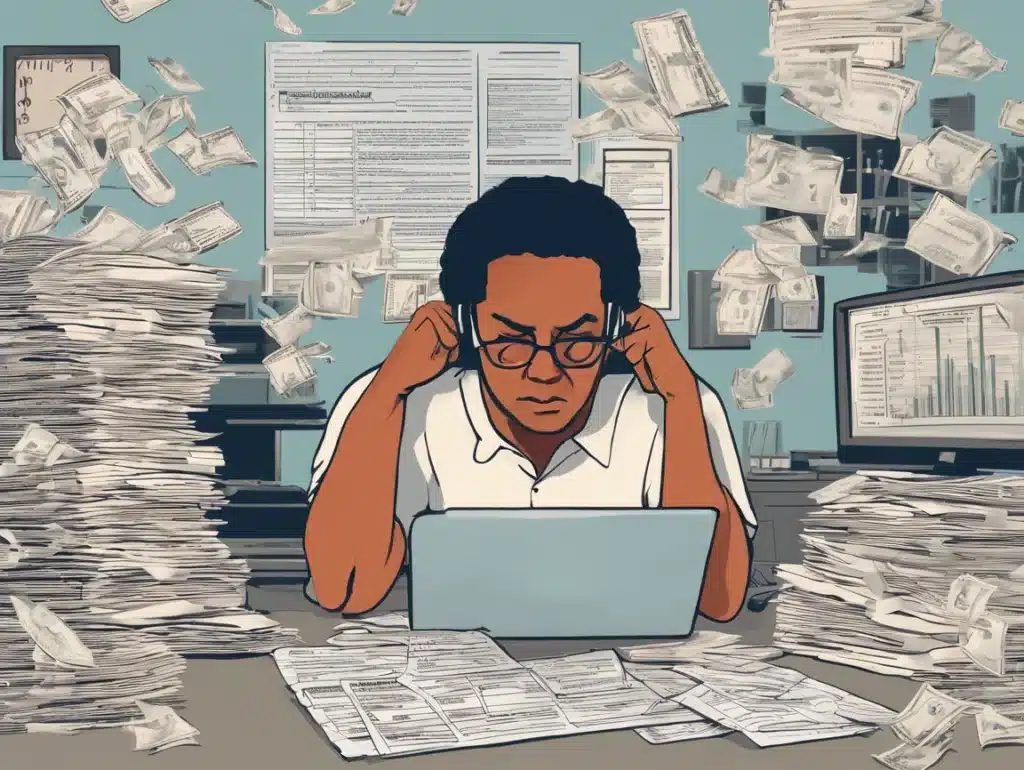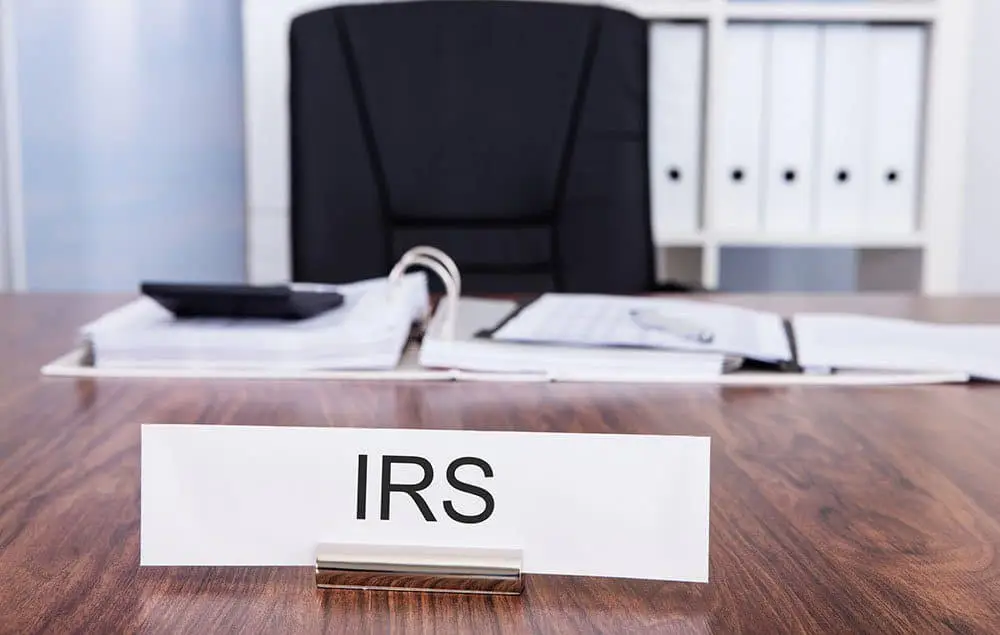Frozen Bank Account Due to Unpaid Florida Sales Tax? A frozen bank account? When a taxpayer has unfiled returns or unpaid Florida sales tax, the Florida Department of Revenue has the authority to freeze their bank accounts to collect the owed amount. This process begins with a notice sent to banks, freezing funds across all accounts […]
Understanding the Florida Sales and Use Tax Audit Process: What You Need to Know
Learn the key steps and strategies to manage a Florida sales and use tax audit effectively. Our guide explains the audit process, common pitfalls, and expert tips to help you navigate unexpected tax liabilities.
How to Stop IRS Wage Garnishment | Wage Levies for Back Taxes
Do you know the methods the IRS could use to collect your owed money via wage garnishment? To stop a wage garnishment for back taxes, you need a smart plan. This often means negotiating with the IRS and using certain legal options. Here’s a comprehensive overview of the steps and considerations to address this issue: Understand the […]
Expert Advice On IRS Payment Plans For Tax Debt Relief
Learn how to set up an IRS payment plan and effectively manage your tax debt.
Navigating the Intricacies of Tax Resolution: A Journey of Art and Science
If you have tax problems or got a tax notice from the IRS and don’t know what to do, tax resolution can assist.
Taxes can be complex, with rules and regulations that might be confusing. That’s where tax resolution can help. It’s a specialized field that combines legal expertise, strategic planning, and a deep understanding of tax laws to solve various tax problems.
Whether it’s negotiating with tax authorities, resolving tax debts, or handling audits, tax resolution professionals work towards achieving the best results for their clients.
Which IRS Tax Resolution Specialist Can Help? CPA, EA, Tax Attorney
When seeking tax debt relief, choosing the right IRS tax professional can make all the difference. From credentials to communication, here are eight critical considerations to guide your selection: 1) Credentials and Qualifications, 2) Experience with Similar Cases, 3) Reputation and Reviews, 4) Transparent Fee Structures, 5) Availability and Communication, 6) Continuing Education, 7) Professional Association Memberships, and 8) Trust and Comfort. Ensure a thorough evaluation to navigate your tax challenges with confidence.
IRS Jeopardy Assessment: Can the IRS Levy for Owed Money?
Discover the implications of an IRS Jeopardy Assessment for tax debt. Learn if the IRS can levy due to outstanding liabilities. Get informed now.
IRS Fresh Start Program | How to Qualify for IRS Tax Relief
You can pay your taxes via the IRS Fresh Start program also known as IRS tax forgiveness programs.
